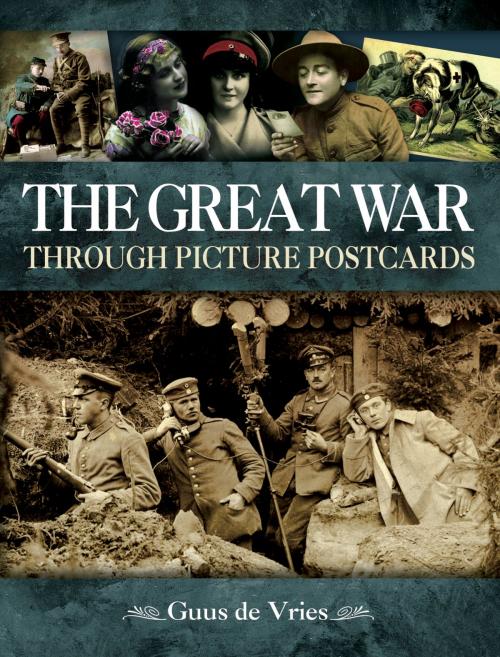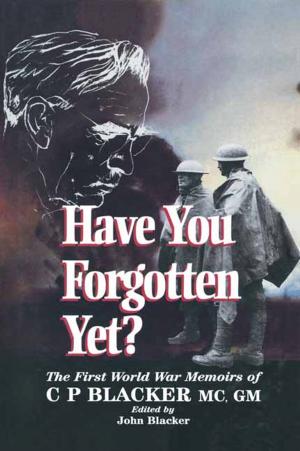The Great War Through Picture Postcards
Nonfiction, Home & Garden, Antiques & Collectibles, Postcards, History, Military, Pictorial, World War I| Author: | Guus de Vries | ISBN: | 9781473856691 |
| Publisher: | Pen and Sword | Publication: | January 30, 2016 |
| Imprint: | Pen and Sword Military | Language: | English |
| Author: | Guus de Vries |
| ISBN: | 9781473856691 |
| Publisher: | Pen and Sword |
| Publication: | January 30, 2016 |
| Imprint: | Pen and Sword Military |
| Language: | English |
During World War I, the picture postcard was the most important means of communication for the soldiers in the field and their loved ones at home, with an estimated 30 billion of them sent between 1914 and 1918. A Postcard from home offered the soldier in the trenches a short escape from their daily hell, while receiving a postcard from the man on the front-line was literally a sign of life. These postcards create a vivid record of life at home and abroad during the Great War, both from the messages they carries and the pictures on the cards themselves. The dipiction of war on the contemporary postcards is extremely diverse: The ways in which the postcards depict the war differs greatly; from simple enthusiasm, patriotism and propaganda to humour, satire and bitter hatred. Other portray the wishes and dreams (nostalgia, homesickness and pin-ups) of the soldiers, the technological developments of the armies, not to mention the daily life and death on the battlefield, including the horrific reality of piles of bodied and mass-graves Altogether, this extraordinarily vivid contemporary record of the Great War offers a unique and details insight on the minds and mentality of the soldiers and their families who lived and died in the war to end all wars.
During World War I, the picture postcard was the most important means of communication for the soldiers in the field and their loved ones at home, with an estimated 30 billion of them sent between 1914 and 1918. A Postcard from home offered the soldier in the trenches a short escape from their daily hell, while receiving a postcard from the man on the front-line was literally a sign of life. These postcards create a vivid record of life at home and abroad during the Great War, both from the messages they carries and the pictures on the cards themselves. The dipiction of war on the contemporary postcards is extremely diverse: The ways in which the postcards depict the war differs greatly; from simple enthusiasm, patriotism and propaganda to humour, satire and bitter hatred. Other portray the wishes and dreams (nostalgia, homesickness and pin-ups) of the soldiers, the technological developments of the armies, not to mention the daily life and death on the battlefield, including the horrific reality of piles of bodied and mass-graves Altogether, this extraordinarily vivid contemporary record of the Great War offers a unique and details insight on the minds and mentality of the soldiers and their families who lived and died in the war to end all wars.















